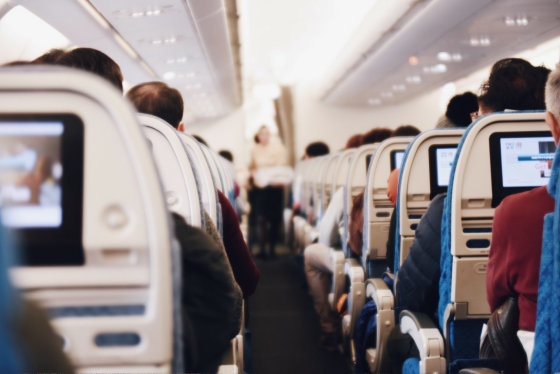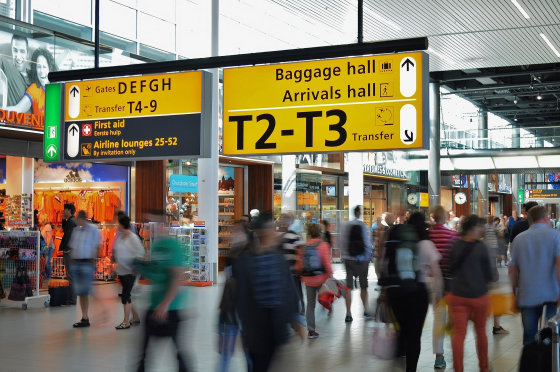It is time to review travel restrictions to prevent new coronaviruses

The new coronavirus infection is 'not a pandemic,' the World Health Organization (WHO)
The coronavirus seems unstoppable. What should the world do now? | Science | AAAS
https://www.sciencemag.org/news/2020/02/coronavirus-seems-unstoppable-what-should-world-do-now
As of February 27, 2020, global public health measures focus on containment. In other words, the strategy is to slow down the spread of the virus in China, limit travel from China, and track and quarantine any travelers, thereby preventing the virus from spreading outside China. However, once the virus has spread around the world, the value of such measures has diminished.

Luciana Borio, a physician and director of the U.S. National Security Council, said, `` Because border measures are becoming less effective and feasible, community mitigation measures will be implemented until large quantities of vaccines become available. You're going to get it. '
However, experts disagree on the debate on when to reduce travel restrictions taken to prevent transmission. Although the new coronavirus has killed more than 80,000 people and killed nearly 3,000, 97% of infections still occur in China. Anthony Fauci, director of the U.S. National Institute of Allergy and Infectious Diseases, said, `` If there were no travel restrictions, the number of infected people related to travel would have increased, '' he said. Restrictions on traveling are only a fraction of the time, 'says epidemiologists. In addition, travel restrictions can prevent medical supplies from reaching required areas, undermining public confidence and even backfire.
And as the spread of the infection spreads around the world, limiting travel, despite the fact that there are already many infected people in the country, is no longer cost-effective. China exports everything from pharmaceuticals to mobile phones, which is disrupting the supply chain in manufacturing. 'Reducing travel restrictions tomorrow is politically difficult and might not be wise,' said Harchard's epidemiologist Marc Lipsitch, but the pace of news over the past few days has been increasing. Over the course of a week, it will become clear that travel restrictions are not a major measure. '

WHO's Bruce Aylward said the containment measures being implemented in China were 'helpful.' Virus peaks in China ranged from January 23 to February 2, with the containment of 50 million people in Hubei, giving other cities more time to fight the virus. It is thought that the infection of 'everyone' could be prevented. However, law enforcement lawyer Lawrence Gostin, who specializes in public health law, said that the containment of Hubei province was at the expense of the mental and physical well-being of residents and was `` an unthinkable way outside China ''. States.
Possible actions outside China include stopping public transport, closing recreational facilities, and banning public meetings. These are the most effective measures implemented in China. Although these measures are not experiments under environmental control, they are of course not scientifically proven methods, but experts believe they are effective. On the other hand, the question of whether to close schools where children gather should not be concluded because the role of children in the spread of infection is not clear. Also, some countries do not restrict the movement of people, free companies and schools, and do not quarantine. Christopher Dye, an epidemiologist at Oxford University, commented on this, 'This is a very big decision on public health, just as we are free to release the virus.'
Related Posts:
in Science, Posted by darkhorse_log







